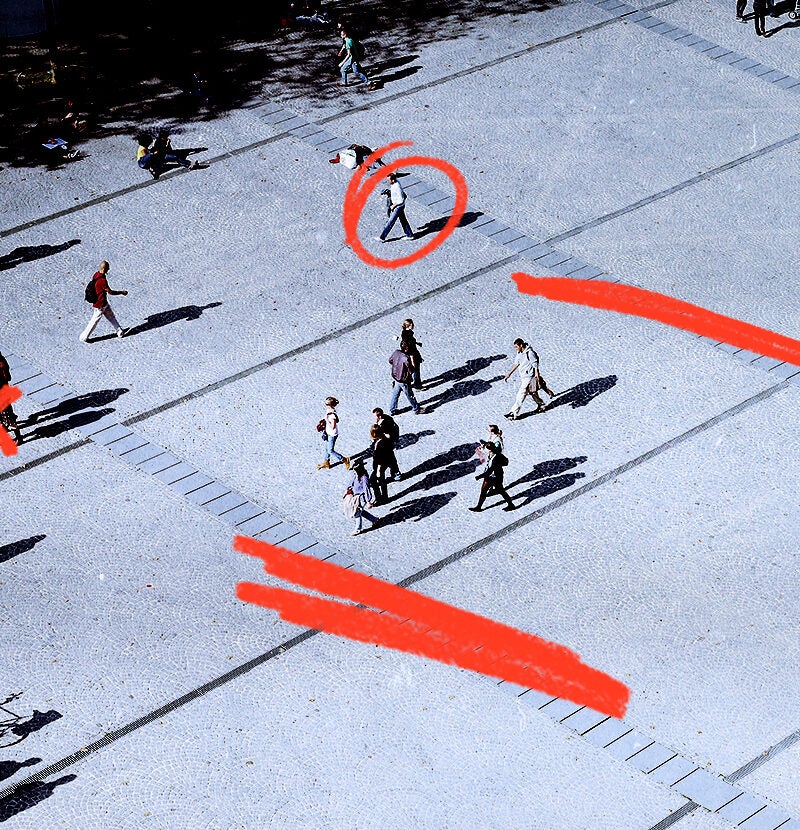
Is it correct to say I am looking forward to seeing you?

Tell me if you like the forest green ones or maroon ones more. I went ahead and put the new curtains up in the living room. Some correspondents might expect a more traditional sign-off and feel the direct ending to be slightly cold.You don’t have to write the platitude and the recipient does not have to read it. Saves both you and the recipient time.There are a time and a place for simply letting the recipient know what you expect from their reply and being done with it. Sometimes, there is no need to add a platitude to the end of your letter. The conversation will be to the point, but most correspondents will appreciate that. Instead of letting the recipient know that you look forward to their reply, tell them you cannot wait to hear what color red they think would be best for the tablecloths or what theme they decided to go with for their website.Īsking for specifics can help speed conversations along and point them in the right direction without being rude. Rather than relying on a stock phrase, it is perfectly acceptable to sign-off your correspondence with more direct phrasing. Please respond at your earliest convenience. May not get you a response if you need a timely reply to your message’s concerns.

Fun and final, this sign-off can help to signal the end of a conversation, although it may seem counter-intuitive.This sign-off does not suggest that you actually need them to respond to this message in particular, but that you will likely speak to them soon regardless. Ideally, you do not want to use this phrase to sign-off message in which a reply is imperative. You should also use this phrase only if you truly expect to speak with that person again soon or it may feel disingenuous.įor example, if you know you will see someone in person at an event in the near future, you can go ahead and let them know you’ll talk to them soon, regardless of whether or not they respond to your correspondence.įrequent and long-term clients also fit in well under this category, as it is likely you will speak to them regardless. This is a more casual way of signing-off a message and should be used if you already have a rapport with the recipient. If their language remains more formal, you may choose to dial your conversation back a bit. If the recipient responds with more informal language, you can take this as a sign that they have grown more comfortable with you. This is a great phrase to test the waters in this way. Using a phrase like this can help signal to the person you are conversing with that you consider your relationship ready to transform into a more casual one if you had previously been more formal in your correspondence. While still implying that you will be awaiting the recipient’s response, you’ve now added an air of casual back and forth to the conversation. This is really a less formal version of “I await your fast response,” after all. They will likely take your tone to be casual. Saying “keep me updated” should be reserved for situations in which you feel you have already established a rapport with the recipient.
#WHATS A WORD FOR FORWARD LOOKING PROFESSIONAL#
You will likely not want to use this in an email to your boss or professional letter, unless you have become quite close, or to someone else in a position of authority. What sets “keep me updated” apart from many sign-offs on this list is its informality. Having built up some rapport will help you with using this phrase.Īfter much discussion, my partner and I have landed on the tortoiseshell glasses and ovular frames for the photoshoot. Try to use this phrase with someone you have corresponded with before, although you do not necessarily have to be close with them. It is often too formal to be used with those you are close with while possibly being seen as pushy to those you are not close with. Those using this phrase should gauge the context and determine if the situation truly calls for using such a phrase.

This phrase implies that not only are you expecting a response from the recipient and are waiting for it but that you expect to receive it quickly. If this sense of familiarity is not there, the recipient may or may not feel the sense of urgency caused by the phrase to be slightly rude. While remaining formal, this phrase implies a sense of familiarity between the sender and the recipient. This phrase is utilized less often than “I am looking forward to you.” “ I Await Your Fast Response” / I Await Your Prompt Response


 0 kommentar(er)
0 kommentar(er)
